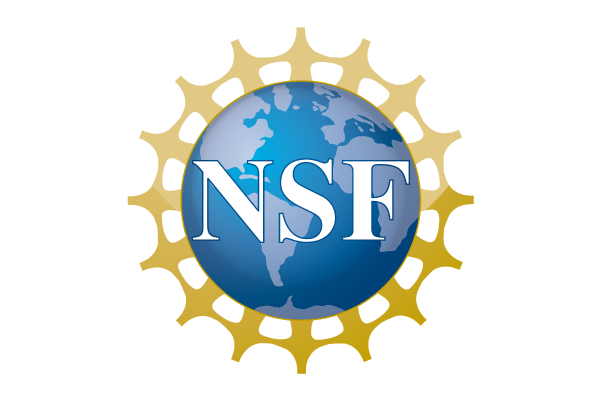National Science Foundation Funding for Nonacademic Internships
Opportunity open to U.S. graduate students already supported by NSF grants

A key aim of the U.S. National Science Foundation (NSF) is to “foster the growth of a globally competitive and diverse research workforce and advancing the scientific and innovation skills of the U.S.” To meet this end, NSF is offering supplemental funding to existing NSF research grants and Graduate Research Fellowship Program (GRFP) awards to allow graduate students to take on an internship and gain experience and core professional competencies.
NSF’s Non-Academic Research Internships for Graduate Students (INTERN) Supplemental Funding Opportunity allows students to submit two supplemental funding requests per grant. This allows students up to two 6-month internships opportunities (maximum of 12 months per student). Graduate students supported by NSF grants may apply for supplemental funding for the following purposes:
- To augment their research assistantships or NSF Graduate Research Fellowship Program (GRFP) fellowships with nonacademic research internship activities and training opportunities that will complement their academic research training;
- To pursue new activities aimed at acquiring professional development experience that will enhance their preparation for multiple career pathways after graduation; and
- To encourage the participation of graduate students from underrepresented groups such as women, persons with disabilities, underrepresented minorities in science, technology, engineering, and mathematics (STEM), veterans, and persons from economically disadvantaged backgrounds.
Masters and doctoral students are eligible to apply; NSF plans to fund around 260 supplements. Funding requests must not exceed $55,000 per student for a 6-month period. The due date for applications is April 15. Principal investigators on the NSF grant should submit the application as well as contact their program director prior to submission.
NSF offers the INTERN opportunity to ensure that graduates of the U.S. scientific workforce are prepared to work in any sector of the U.S. economy (nonprofits, small or large corporations, startups, government agencies, policy think tanks, etc.) and to continue to make scientific discoveries and drive innovation.





APS regularly opens certain online articles for discussion on our website. Effective February 2021, you must be a logged-in APS member to post comments. By posting a comment, you agree to our Community Guidelines and the display of your profile information, including your name and affiliation. Any opinions, findings, conclusions, or recommendations present in article comments are those of the writers and do not necessarily reflect the views of APS or the article’s author. For more information, please see our Community Guidelines.
Please login with your APS account to comment.